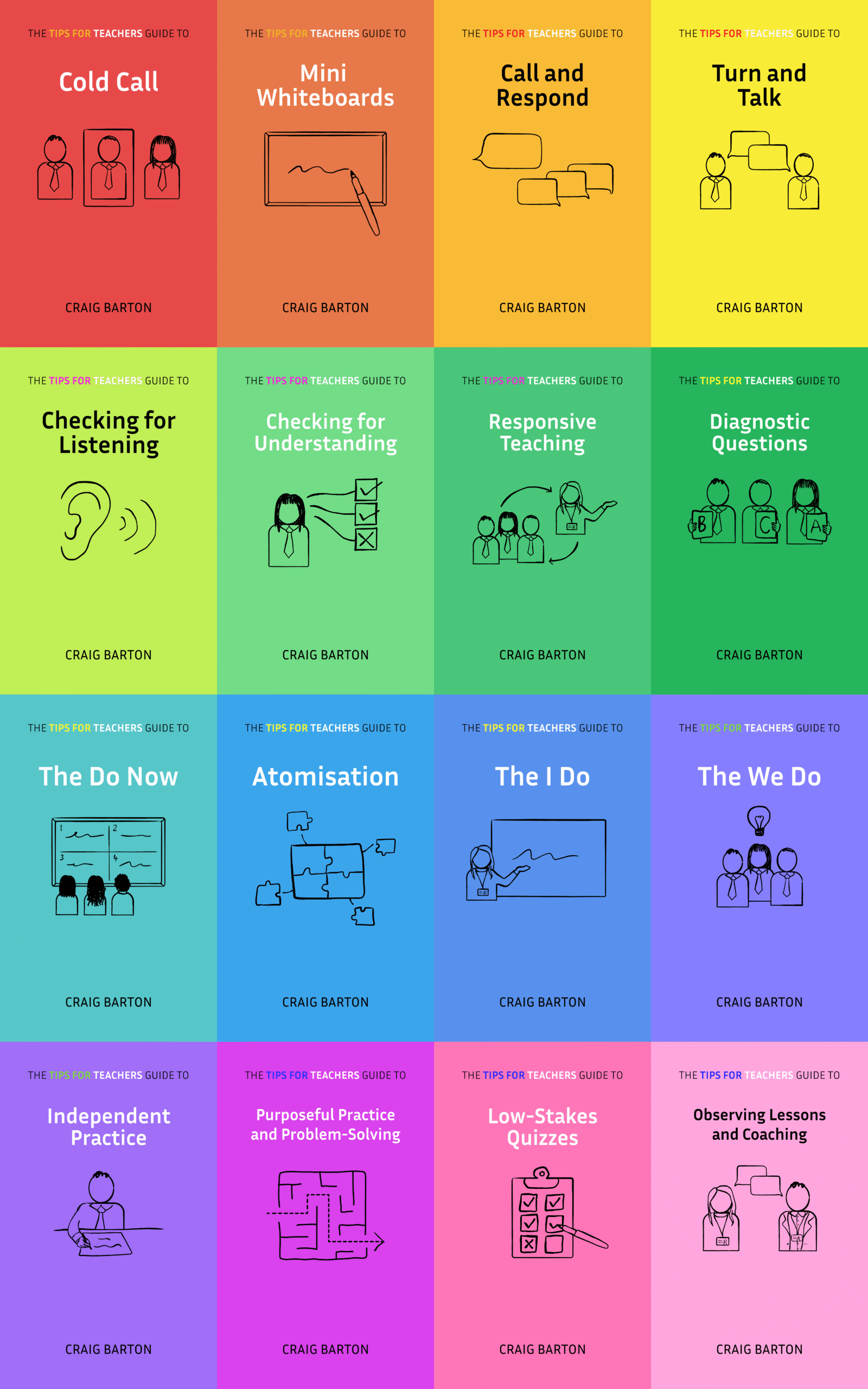
- Title: Learning from Errors
- Authors: Janet Metcalfe
- Access the original paper here
- Listen to a deep-dive podcast:
Paper summary
This paper from the Annual Review of Psychology explores the unexpected benefits of making mistakes during learning. It challenges the common assumption that errorless learning is always the best strategy, arguing instead that generating errors, followed by corrective feedback, can lead to better retention of information. The paper delves into various cognitive processes that may explain this phenomenon, including mediation, recursive reminding, reconsolidation, and prediction error, and examines how confidence in errors can affect learning and correction. Furthermore, it considers the implications for teaching practices and the need for encouraging a more error-tolerant learning environment, addressing potential negative emotional consequences associated with errors.
What are the key implications for teachers in the classroom?
- Errors should not be avoided or ignored in the classroom. While the desire to prevent errors in high-stakes testing situations is understandable, lab studies have shown that errorful learning followed by corrective feedback can benefit learning in neurologically typical students.
- Teachers can encourage students to engage with errors by incorporating error generation and corrective feedback into their teaching methods.
- Active, exploratory learning that allows for errors should be encouraged, as it leads to better learning outcomes than error avoidance strategies. For instance, Japanese classrooms prioritize active learning where students grapple with problems independently and engage in class discussions to analyze errors and understand the reasoning behind correct answers.
- Teachers should understand the importance of providing effective feedback to students’ errors. Simply indicating right or wrong answers is not enough. Effective feedback provides the correct answer and helps students understand why their answer was incorrect and why the correct answer is correct.
- Teachers can make feedback more effective by:
- Providing detailed and extensive feedback, similar to Japanese classroom practices, that explores the underlying concepts and principles of the problem.
- Encouraging students to explain their reasoning for both correct and incorrect answers.
- Guiding students to understand the reasoning behind the correct answer by asking questions like “How do you think I knew that?”
- Teachers can benefit from understanding the role of confidence in error correction. Studies have shown that errors made with high confidence are corrected more readily than low-confidence errors (hypercorrection effect).
- The hypercorrection effect can be attributed to:
- The surprise and increased attention individuals experience when they realize a high-confidence answer was wrong.
- The greater semantic knowledge individuals possess in the domain of high-confidence errors.
- Teachers should be aware of the potential emotional consequences of errors and can implement strategies to mitigate them. Some individuals, particularly those with a prevention-focused mindset, might be more sensitive to errors. However, research on error management training (EMT) shows that encouraging a positive attitude towards errors as opportunities for learning can enhance learning and motivation.
- Teachers can foster an error-resilient mindset in students by:
- Encouraging them to view errors as valuable learning opportunities.
- Providing explicit error management instructions, emphasizing the positive feedback value of errors.
- Creating a classroom environment where errors are not punished or ridiculed, but are seen as a natural part of the learning process.
- Teachers can draw inspiration from successful error-focused learning methods such as the After-Action Review (AAR) used by the American armed forces. This method emphasizes analyzing and discussing errors in a non-judgmental environment to improve future performance.
In conclusion, the sources highlight a paradigm shift in educational practices, advocating for a more error-tolerant approach. By understanding the science behind errorful learning and implementing strategies to foster an error-resilient environment, teachers can empower students to learn more effectively and develop a deeper understanding of the subject matter.
Quote
If the goal is optimal performance in high-stakes situations, it may be worthwhile to allow and even encourage students to commit and correct errors while they are in low-stakes learning situations rather than to assiduously avoid errors at all costs








